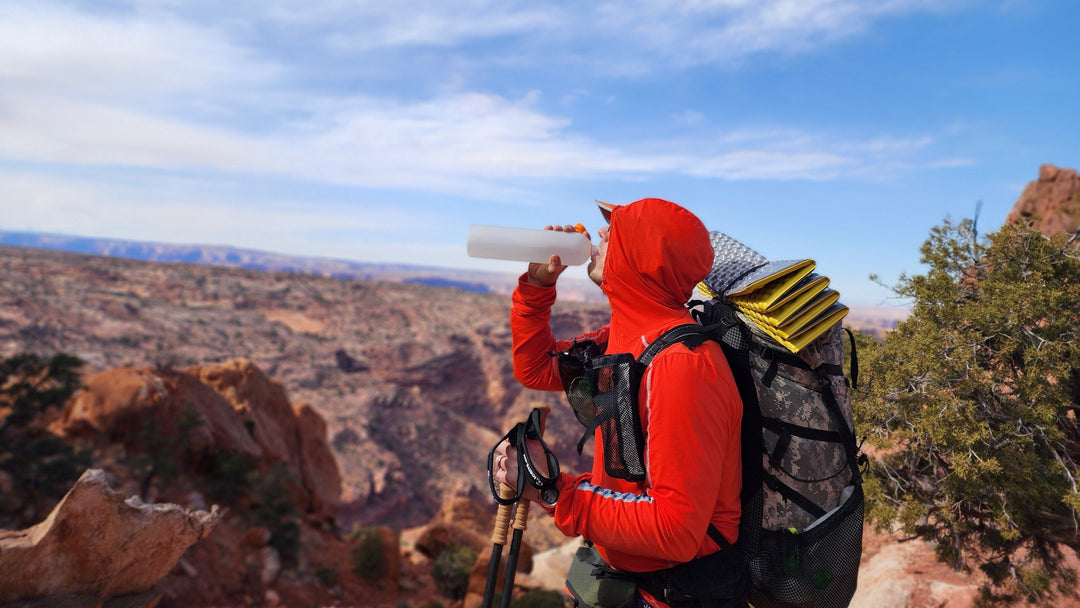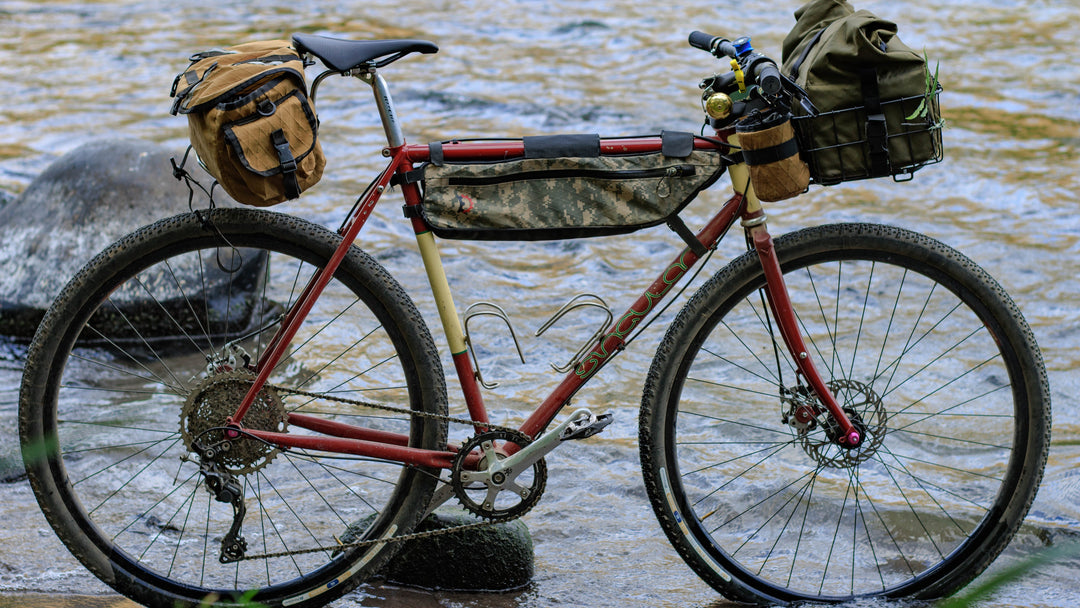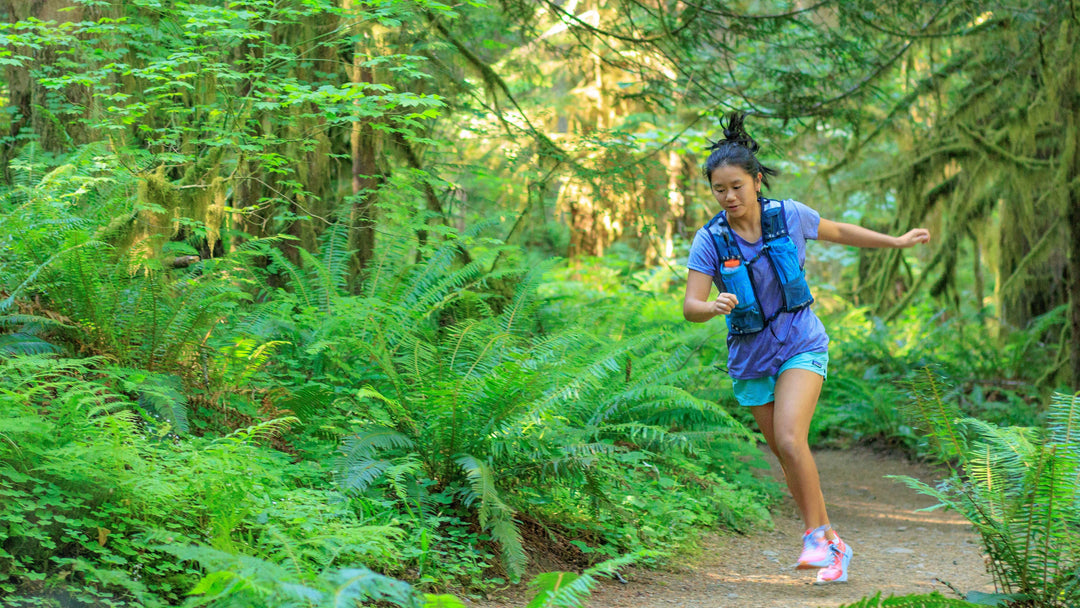Is fast hiking really about being fast?
The tortoise and the hare is one of those stories that everyone has heard at some point: from a school teacher, a coach, a parent or just the book at some point. But in case you somehow missed the whole thing, here is a quick brief:
The story concerns a hare who ridicules a slow-moving tortoise. Tired of the hare’s boastful behavior, the tortoise challenges him to a race. The hare soon leaves the tortoise behind and, confident of winning, takes a nap midway through the race. When the hare awakes however, he finds that his competitor, moving slowly but steadily, has arrived before him to the finish line.
From Wikipedia

This is all very nice, you are saying, but what is my point? Well, the story of the tortoise and the hare explains the very concept of fast hiking vs ultra running, here is how:
What is Ultra Running
I won’t go into the whole story of ultra running, but rather send you to do some of your own reading about it, but I will provide a short summary: Ultra running is essentially running any distance longer than a marathon (42.195km/26 miles and 385 yards), but really focuses on the round numbers: 100km, 100 miles etc. Those races are done in “one go,” when you may have a little snooze on the trail at some point but the goal is to run the whole way.
If you really want to learn more, Google “ultra-running” and spend hours (or weeks) reading, it is an amazing sport. I think we can all easily see that the ultra runners in our story are the hare. They go at a fast pace but they are still limited by distance; they may cover 100 miles, but very few of them can do the 2,000 miles or even 200 miles that most thru-hikers will walk. I will admit that you do get some extreme athletes who are able to be amazing hares that run whole thru-hikes, like Scott Jurek’s run along the Appalachian Trail, but this is a very, very rare example.
Finally, time to talk about fast hiking
Balancing out our hares, we have our tortoises – they are slower but persistent, being able to cover long distances day in and day out. I can hear your question now – but you said fast hiking, is that like running? Well, fast hiking is a misleading term, despite being used quite often, as fast hikers are rarely walking fast but rather walking constantly and over long time periods.
The true way that the tortoise won the race is by walking continuously, even when the hare needed breaks to recover (or just to show off) and that is exactly how fast hikers cover distance: instead of 5-8 hours days, your days are 10-15 hours, you cut out breaks and spend less time dealing with camp time in the morning and evening (major time saver). All those factors are amazing influences on getting through long distances each day, covering up to 40 miles (65km) a day. A really great resource to learn more about this concept is the best athlete in the category: Andrew Skurka. In 2006 he wrote a post that I still find relevant and useful about how to be a tortoise, and I recommend any long distance walker who might consider fast hiking to look into it.
How to hike fast?
I will again recommend reading Andrew Skurka’s post about fast hiking, but will also add a couple points of my own with some more useful reading. A couple of my tips:
- Plan a long day in advance and keep an eye on the watch – when doing long distance trails it is easy to fall into the routine of just letting the day develop and stopping when “you feel like it”. Instead of just keeping an open itinerary, give yourself clear daily goals, break them down into segments and give them time frames. By having mini goals throughout the day with a clear end of day point, you can push yourself in harder sections and walk for longer.
- Plan and visualize the day’s walk the night before – on the night before each walking day, review your maps and guides over and over, creating a mental image of the next day’s route, distance, places of interest etc. By doing this you eliminate the need to constantly pull the map out to check your progress (and find that you are usually less far than you thought) but rather keep an anticipating eye for coming objects, places etc and use them as distance markers.
A few good reads about fast hiking are:
- Erik the Black‘s ideas to leave camp earlier and itinerary ideas
- Going stoveless, radical concept to cut time and weight by Paul Magnanti
- A great guide on going lightweight by Mark Roberts
So why even bother fast hiking?
The reasons for fast hiking are as many as the people who choose to do it, but I can think of 3 main ones:
- Time constraints – this is my number one reason to fast hike: I have very little time to go hiking due to family, work, hobbies and social commitments, so I need to maximize my time.
- The challenge – after a while it becomes a real challenge (it is always is) to hike further, to push yourself mentally and physically. The other part of fast hiking is that after having a long and hard day on the trail, you usually wake up and do it the day after (and after, and after…) which gives it a whole new layer of challenge.
- You get to see more – when covering 20-40 miles a day you get to see the world around you change fast enough that you can detect the changes that can be missed when walking slowly as you get absorbed in the place for longer. Vegetation changes, rock formations and more change rapidly when fast hiking, making them easier to spot.

There are, of course, many other reasons to fast hike, and I’m sure you will have yours as you get into it. At the end of the day, the best way to get into fast hiking is to just go out and do it. I suggest starting with easy and clearly marked trails so you can just train your body to deal with the strain. Start with day hikes, and then two days, 3 days and so on. Another option is to go for Andrew Skurka’s way – start a 2,000 mile thru hike and hit the trail running!
Fast hiking is a great way to get more miles under your belt while challenging yourself and seeing more there is to see on the trail. Try and get into it, especially if time is a big constraint.












Leave a comment